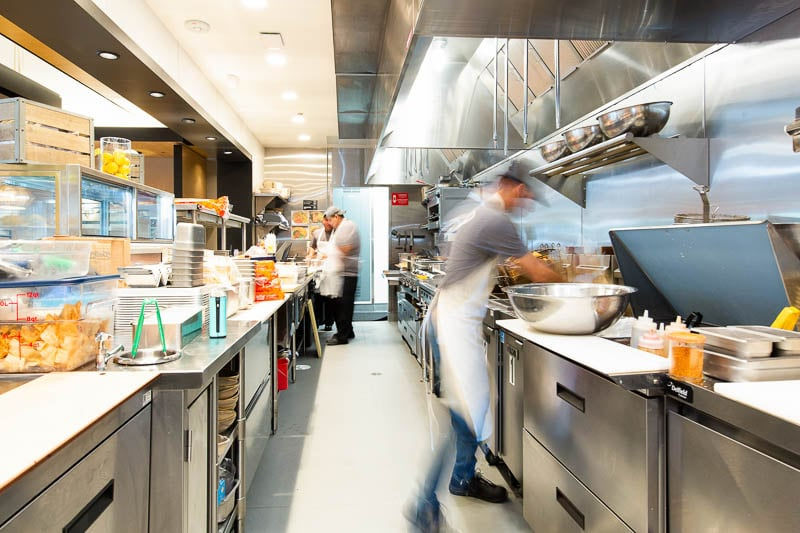
Kenneth Hallwachs
Nov 5, 2024
How Accurate Demand Forecasting Reduces Over-Prepping
Over-prepping is a common issue in the restaurant industry, resulting in wasted food, increased costs, and reduced profit margins. Preparing too much food can quickly erode profitability in an industry with tight margins and fluctuating demand. According to ReFED (2021), over-prepping accounts for a substantial percentage of U.S. restaurants’ $162 billion in annual food waste costs. By focusing on more accurate demand forecasting, restaurants can optimize prep processes, reduce waste, and ultimately enhance their bottom line.
Over-prepping often stems from outdated or imprecise methods of estimating demand, which can lead to excessive preparation and spoilage. A recent survey by the National Restaurant Association (2021) found that about 60% of restaurant operators identify waste reduction as a key priority for improving profitability. Traditional methods, such as relying on historical averages, often need to account for the variability in daily demand, seasonal trends, or unexpected shifts in customer behavior, all of which can lead to over-preparation.
Modern demand forecasting tools solve this problem by leveraging real-time data and predictive analytics. These tools analyze factors like past sales trends, weather patterns, and special events to predict demand for each day accurately. A study by McKinsey & Company (2021) highlights that predictive analytics can improve forecasting accuracy by up to 20%, enabling restaurants to prep just the right amount. This minimizes food waste and allows restaurants to allocate resources more efficiently, resulting in cost savings and improved operational efficiency.
Accurate demand forecasting is, therefore, an effective way to prevent food waste and a strategic measure to enhance profitability. As the industry evolves, adopting advanced forecasting methods can help restaurants meet customer demand more precisely, avoid waste, and boost overall profitability.
References
McKinsey & Company. (2021). Harnessing the power of predictive analytics in foodservice. https://www.mckinsey.com
National Restaurant Association. (2021). Restaurant waste reduction priorities. https://www.restaurant.org/research
ReFED. (2021). Insights engine: Restaurant food waste reduction. https://insights-engine.refed.org/food-waste-solutions/prevention